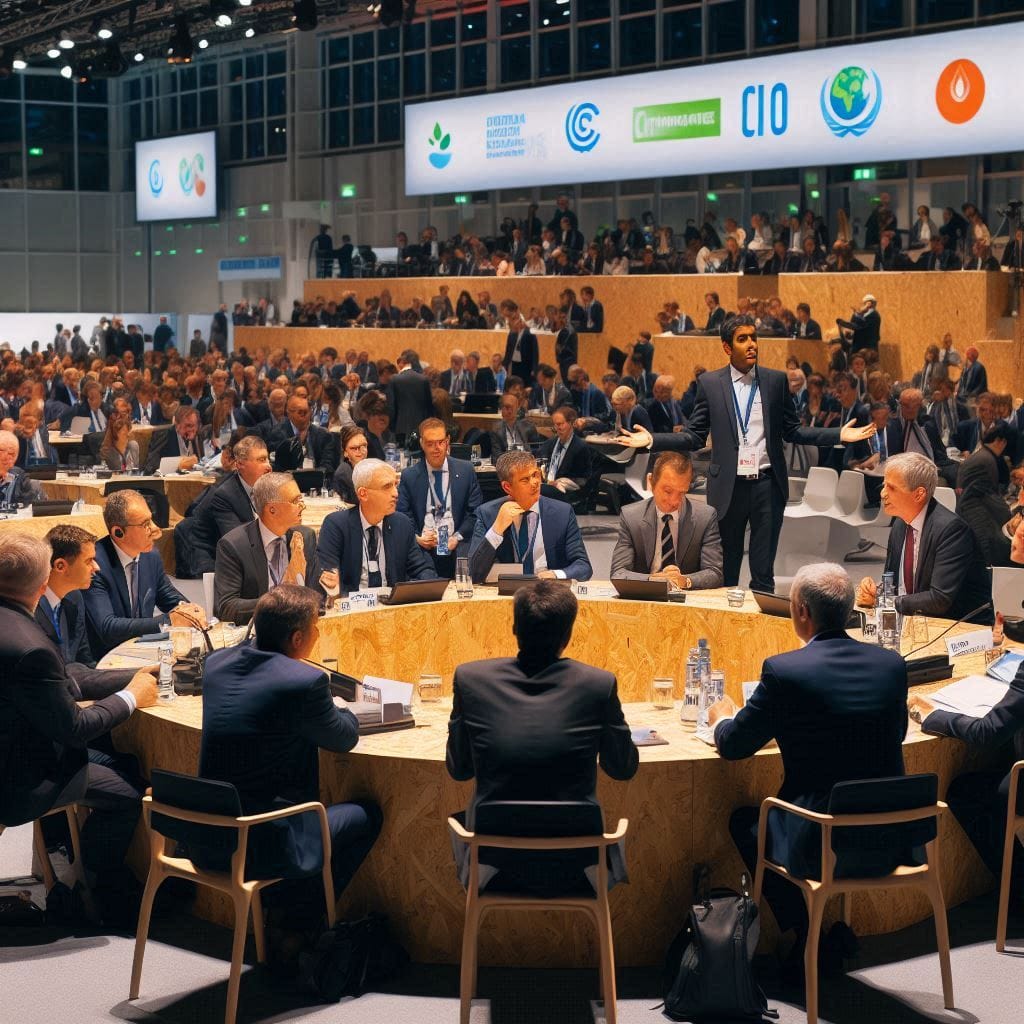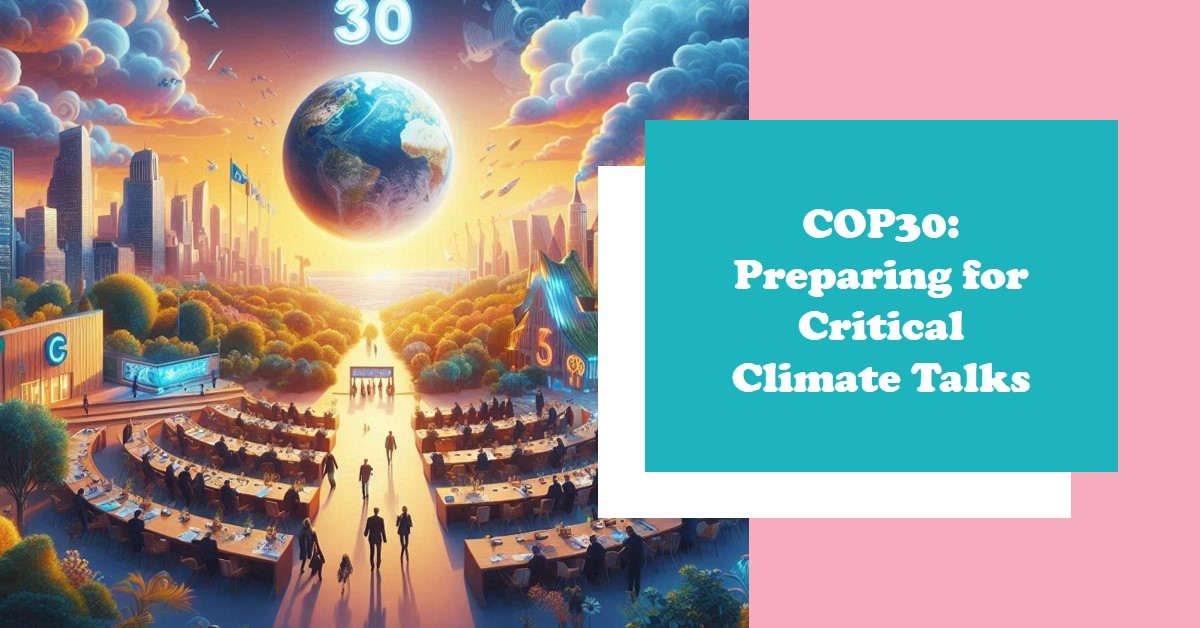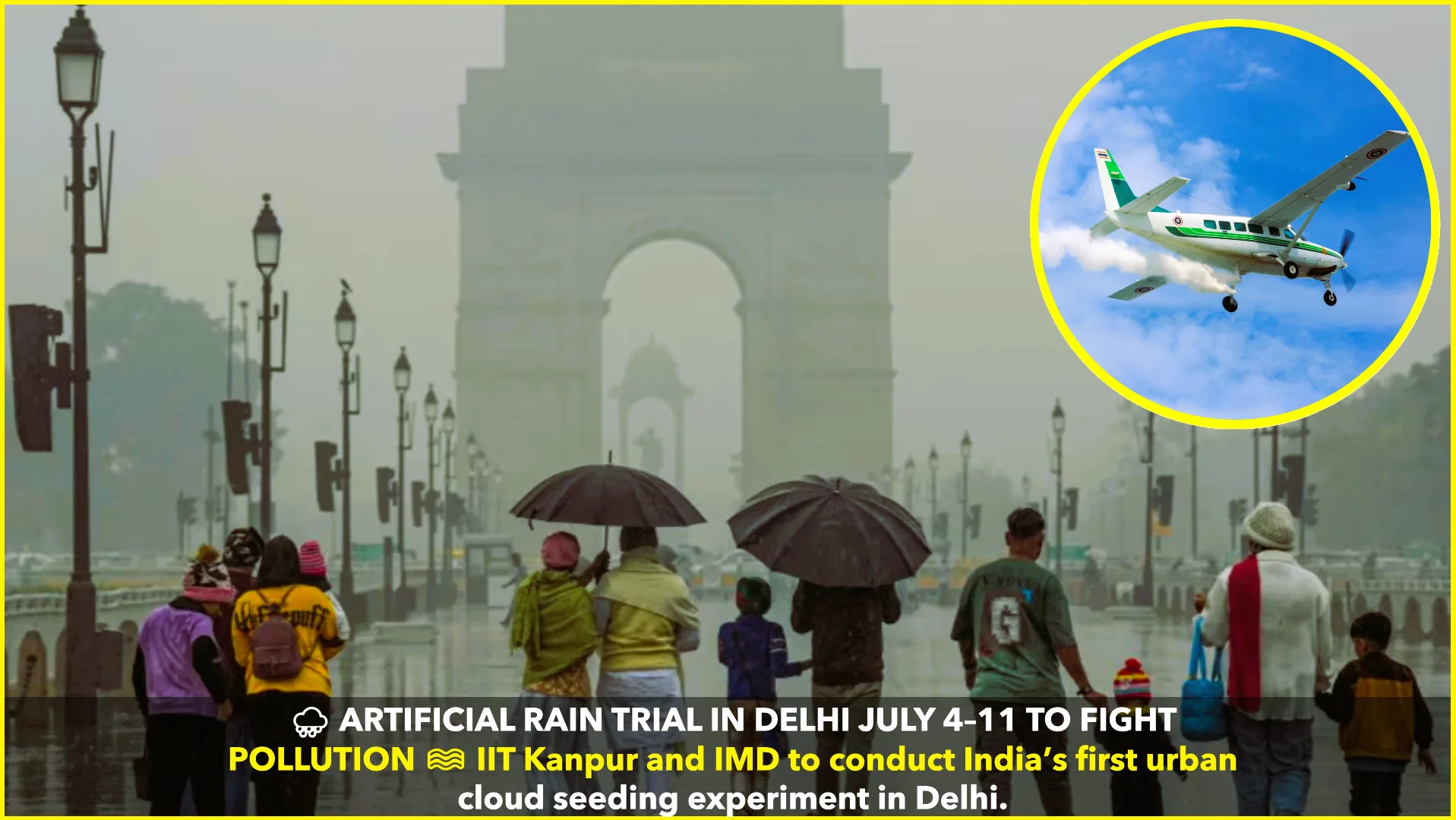As the world gears up for the 30th Conference of the Parties (COP30), global attention is once again on the urgent need for collective action to combat climate change. With increasing environmental challenges and a ticking clock on global warming, COP30 promises to be one of the most critical climate summits in history. In this article, we’ll explore the significance of previous COP summits, the environmental commitments of major nations, the growing focus on carbon neutrality, the role of emerging economies, and the involvement of businesses and individuals in addressing climate change.
Introduction: The Legacy of Previous COP Summits
COP, or the Conference of the Parties, is an annual gathering where world leaders, environmental organizations, and scientists convene to discuss and negotiate international climate policies. Since its inception in 1995, the COP summits have produced landmark agreements like the Kyoto Protocol (1997), which set binding emission reduction targets, and the Paris Agreement (2015), which marked a significant milestone with nations committing to limit global temperature rise to well below 2°C above pre-industrial levels.
These summits have catalyzed global awareness of climate change, leading to increased governmental and corporate initiatives to reduce emissions. However, despite these efforts, the world continues to face unprecedented environmental crises, including rising sea levels, extreme weather events, and loss of biodiversity. As COP30 approaches, the stakes are higher than ever.
Global Commitments: Major Nations and Their Environmental Pledges
One of the key elements of COP30 will be the review of Nationally Determined Contributions (NDCs)—voluntary climate action plans submitted by individual countries under the Paris Agreement. Major economies such as the United States, China, the European Union, and India are expected to provide updates on their progress and announce new targets.
- The United States under the Biden administration has pledged to achieve net-zero emissions by 2050 and has rejoined the Paris Agreement after briefly exiting under the previous administration.
- China, the world’s largest emitter, has committed to peaking its emissions by 2030 and achieving carbon neutrality by 2060.
- The European Union has one of the most ambitious climate goals, aiming for a 55% reduction in emissions by 2030 and becoming carbon neutral by 2050.
- India, as a developing nation with rapidly growing energy needs, has pledged to increase its share of renewable energy and reduce its emissions intensity.
These commitments will form the backbone of COP30 negotiations, with the global community pushing for more aggressive targets to curb emissions and mitigate the impacts of climate change.
Focus on Carbon Neutrality: Key Discussions on Carbon Offsets and Emissions Reduction
A significant focus of COP30 will be on carbon neutrality—the state where the amount of carbon dioxide emissions is balanced by carbon removal or offsetting measures. As more nations commit to net-zero goals, the discussions at COP30 are expected to delve into:
- Carbon Offsetting: Methods like reforestation, renewable energy projects, and carbon capture technologies that help offset carbon emissions will be a major topic. The effectiveness, transparency, and accountability of these offsets will be scrutinized.
- Emissions Reduction Strategies: Countries will share strategies for reducing emissions, including transitioning from fossil fuels to renewable energy sources like wind, solar, and hydropower, and the role of innovation in transportation and industry.
- International Carbon Markets: Negotiations on carbon trading mechanisms under Article 6 of the Paris Agreement, which allows countries to buy and sell carbon credits, are expected to be finalized at COP30.
The path to carbon neutrality requires not only bold commitments but also the proper implementation of policies that are both economically viable and socially equitable.
Role of Emerging Economies: Contributions and Challenges Faced by Developing Nations

While developed nations like the U.S. and EU have the resources to transition to greener economies, emerging economies face distinct challenges. Countries in Africa, Asia, and Latin America are often more vulnerable to the effects of climate change but lack the financial and technological resources to implement large-scale climate initiatives.
For nations like India, Brazil, and South Africa, the challenge lies in balancing economic growth with sustainability. Developing nations require significant support from the international community to finance clean energy projects, adapt to climate impacts, and reduce deforestation. At COP30, discussions will likely focus on the Green Climate Fund (GCF), a financing mechanism established to help developing nations transition to low-carbon economies.
In addition, climate justice will be a critical theme at COP30, as vulnerable nations demand accountability from industrialized countries, which historically have been the largest contributors to global emissions.
Public and Corporate Involvement: Role of Businesses and Individuals in Supporting Climate Goals

While government policies and international agreements are crucial, the role of businesses and individuals in tackling climate change cannot be overlooked. At COP30, we can expect a strong emphasis on corporate responsibility as multinational corporations, particularly those in sectors like energy, transportation, and manufacturing, commit to reducing their carbon footprints. Many large companies have already set net-zero goals, investing in renewable energy, sustainable supply chains, and innovative technologies.
Moreover, individual actions—from reducing energy consumption and minimizing waste to supporting sustainable products—will continue to be important in driving global action. Public demand for greener products and lifestyles has influenced corporate practices, making climate-friendly policies not only an environmental necessity but also a business imperative.
Conclusion: A Critical Moment for Global Climate Action
COP30 represents a crucial juncture in the global fight against climate change. With ambitious climate targets, carbon neutrality strategies, and the need for equitable solutions for emerging economies, the decisions made at this summit will shape the future of our planet. As the world looks to its leaders for bold and decisive action, the success of COP30 will depend not just on promises but on the collective willingness to take immediate, meaningful steps toward a sustainable future.










